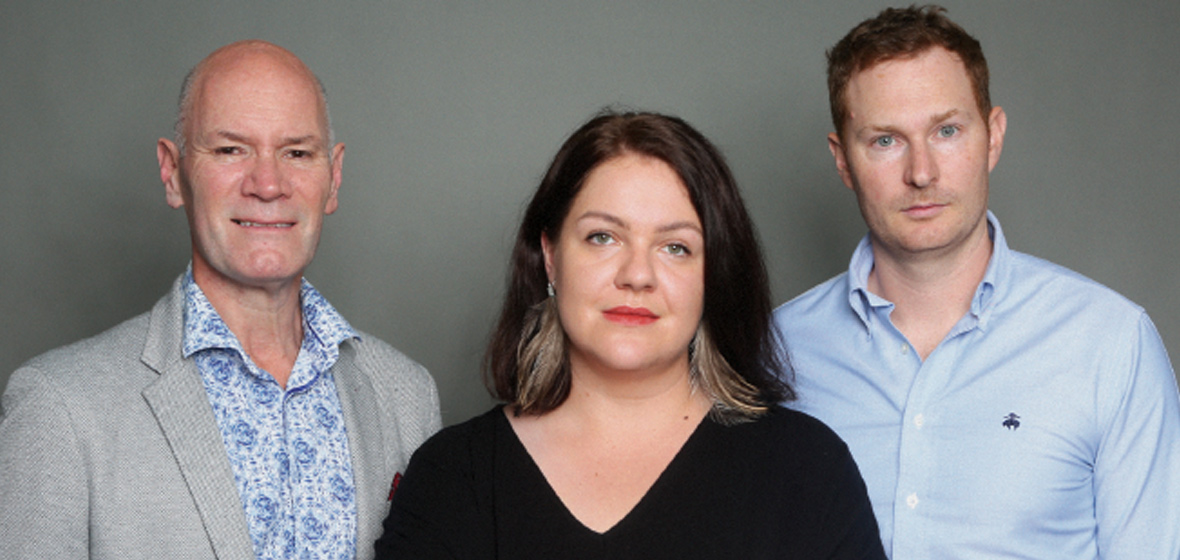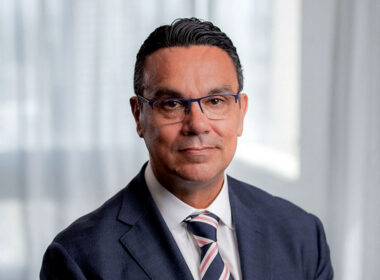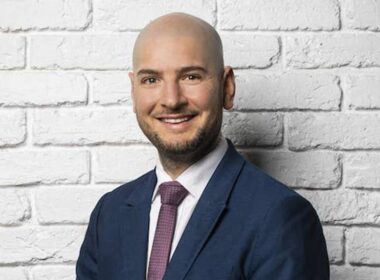Cultivating goodwill and crafting a positive public perception have never been so challenging for lawyers. In the middle of what seems like an insurmountable trust crisis, three visionaries share how lawyers can better connect with and deliver for clients.
Writing in 1944, American legal scholar Roscoe Pound said the most important defining feature of a profession was that it be practised in a spirit of public service. More than 50 years since Pound’s essay, community sentiment has seen trust for institutions of power at an all-time low. That includes lawyers.
Results from the Governance Institute of Australia’s third annual Ethics Index, which surveyed 1,000 people across the political spectrum between 25 May and 7 June this year, show that trust in lawyers has diminished since 2017.
Conducted by independent global market research firm Ipsos, the index relies on an “ethical expectation deficit” (EED), which is a measure of the gap between what society believes is the overall importance of ethics and what the actual level of ethical behaviour is. In effect, it is a quantifiable way to conceptualise public disappointment against the reasons justifying that disappointment. Lawyers were given an ethical net score of -9 by the Australians surveyed, six points less than the score for 2017.




